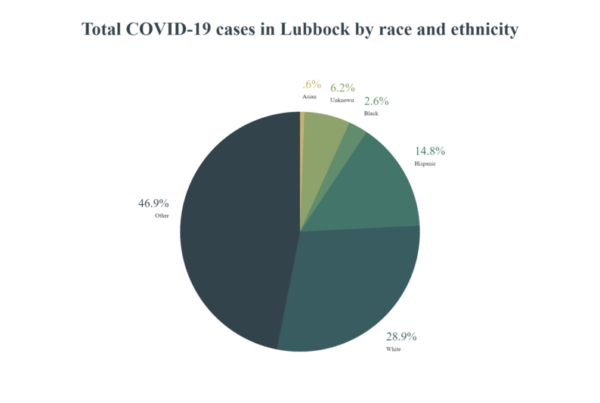As many businesses and organizations continue to face fallout from the COVID-19 pandemic, including loss of vital revenue, one approach being considered by art museums is selling pieces from their collection as a way to raise money.
Michael Granberry, an arts and feature writer for The Dallas Morning News, told Texas Standard that the idea of selling objects from a museum’s collection has generated a lot of controversy. When New York’s Metropolitan Museum of Art, or the Met, began exploring such a sale, Granberry says it sent “shockwaves through the cultural universe.” The Met is facing a $150 million shortfall, triggered by the pandemic.
The art museum world is currently operating within a two-year relaxation of guidelines that govern how proceeds from the sale of items can be, Granberry says. The process is called deaccessioning.
“This was a huge issue a few years ago in Detroit,” Granberry said. “The city of Detroit had declared bankruptcy and the judge said ‘well, you own this art museum, you can start selling art.'”
Granberry says the museum directors’ group that created the deaccessioning process voted recently not to extend the window that currently allows easier asset sales. The vote was extremely close.
Many in the art world, including former Dallas Museum of Art director Maxwell Anderson, say loosening controls on how museums can sell art and use its proceeds, is a slippery slope that allows museums to treat their collections “as a piggy bank.”
Dallas museum officials told Granberry they have not sold artworks.















